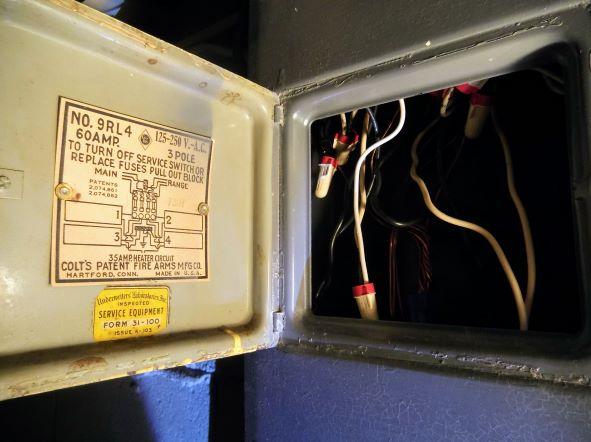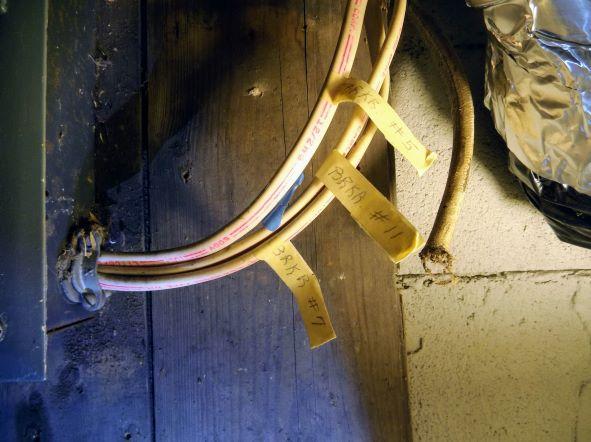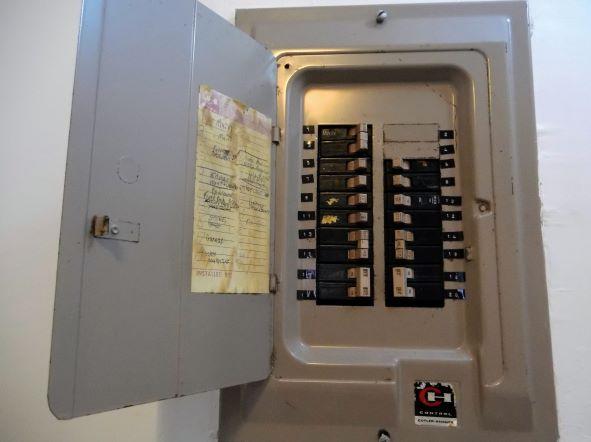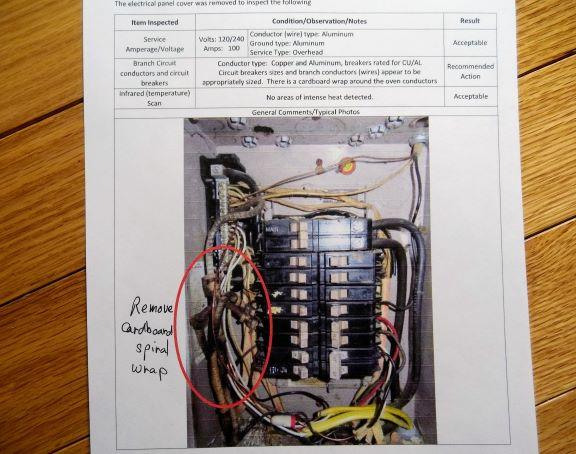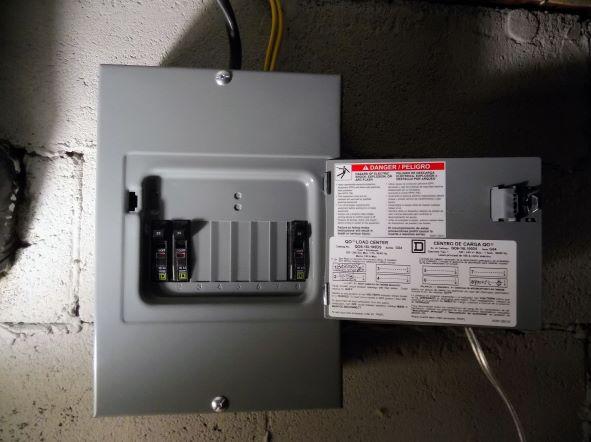Electrical surge protection for older homes
I just bought several surge protectors for outlets used for electronic devices in my home (computer, radio power supply, printer, modem, router, TV). Now I wonder if those surge protectors will do more harm than good since my older home uses a two-wire system (hot wire and neutral, no third wire for ground, as I understand it).
Can anyone here speak to that issue? Does anyone have experience with Zero Surge protectors? Apparently they use a different approach to handling surges. Instead of directing surges to ground or neutral wires (again, my house doesn’t have ground wire at outlets), they handle it differently.
https://zerosurge.com/ungrounded-buildings-older-homes/
Thanks!
-
Comments (10)
-
Pops - February 2, 2022
Hi, not an expert here.
Pretty sure surge protectors need a ground.
There are whole house surge protectors that can be installed in a breaker box (if you have breakers) if you have extra spaces available. They need the top 2 positions in the panel and a ground wire from the panel which is easier than from every outlet. There are other options for whole house protection that don’t cost and arm and leg, well, maybe an arm.
Also GFCI outlets can be installed that keep you from shorting to ground. Especially in the kitchen, bath, laundry.
Also, there are replacement breakers with arc fault and GFCI protection. They are about $50 each but can keep an old house with deteriorated wiring from burning down.
-
RedneckContributor - February 2, 2022
I’m no expert either but I have a whole house surge protector installed on my breaker box. Mine doesn’t use the top two positions. My understanding is these do a much better job than individual strips. An electrician installed mine after a friend had almost all electrical devices fried after a lightning strike. He stated this would prevent that.
-
Gideon ParkerStaff - February 2, 2022
I am trying to teach myself about home wiring and surge protection and am in no way an expert but I will share some thoughts.
You may want to upgrade your 2 prong outlets to 3 prong GFCI outlets. This video does a good job at showing how to do it. This will give you some safety protection if an appliance is faulty and would have shocked you, the GFCI outlet will shut off power to that appliance.
But adding a 3 prong GFCI outlet will not give you a ground or give surge protection from my understanding though. From poking around on the website, Zero Surge does look to be a good but expensive solution to give you some surge protection at the outlet for 2 prong older homes.
This video from their website shows how Zero Surge compares to whole house surge protectors and other traditional at outlet surge protectors. If their video is accurate, I learned that whole house protectors are good but may not be enough to protect your entire home. You need to have at outlet protectors.
So from the very limited amount of research that I’ve done, and if I was in your situation I would:
- Upgrade my 2 prong outlets to 3 prong GFCI outlets to protect myself from getting shocked from a faulty appliance.
- Get the Zero Surge 2 outlet surge protector because it is the cheapest and I can add a cheap power strip onto that for additional outlets if I needed them and save $50 than if I bought the 8 outlet model.
- In addition I would look into a whole house surge protector for an additional layer of protection.
-
Seasons4 - February 2, 2022
Thank you, Pops, Redneck, and Gideon. I appreciate your comments very much. When I bought the house, all the outlets were three-prong GFCI outlets even though there were only two wires to each outlet.
However, the GFCI outlets didn’t play well with my radios. Transmitting on the radio would cause loud, terrible noise inside some outlet or another (the noise would shift to different outlets). There were occasional other weird occurrences related to the outlets and transmitting on the radio.
My radio mentor said keep GFCI outlets in the kitchen and bathroom, and replace all the rest of them with non-GFCI outlets. I had an electrician do that, and I’ve had other electrical work done to improve the situation.
It’s hard to say if this is peculiar to my house (apparently there is a known problem with a certain make and model of GFCI outlets) or if this is a more general issue. I guess I’d say if you’re an amateur radio operator, maybe it’s best to have a house with a three-wire electrical system, not a two-wire system.
But people choose houses for all sorts of reasons, and the trade-offs might make an older home worthwhile in spite of something like this.
Thanks again!
-
Jesse Smith - February 2, 2022
I’m a control freak, but conditions in houses are frequently misreported. When was the house constructed (zillow is often reasonably accurate)? What does the wiring look like? Is it metal clad? Do you have access to the electric service panel? What is the amperage (usually stamped on main breaker)? Does all the wiring entering the panel look the same or are some of the wires more modern (e.g. white or yellow romex)?
-
Seasons4 - February 3, 2022
Jesse, the house was built between 1940 and 1945. An addition was added in the 1970’s (best guess). The interior was renovated perhaps 3 to 5 years ago (best guess). Much of the work was done by homeowner at the time (talented amateur). I’ve owned it about a year.
Wiring is not metal clad, as far as I know. It’s been a fascinating experience working with electrician and radio mentor on issues. Photos show original panel (now used as junction box), wires to newer panel, interior of newer panel before electrical work was done (from inspection report), and newest panel for a subfeed (after creating more circuits to solve problems).
-
Jesse Smith - February 3, 2022
Not positive, but the home inspection report pic seems to show a handful of bare copper ground wires on the bus bar. If this is the case, you would likely have some mix of grounded circuits, although it does appear that most are not. If you could potentially identify any grounded receptacles you would obviously be able to use these with conventional surge protectors.
Gideon’s solutions seem very reasonable. However, my motivation to run grounded wire would be moderately high in this situation. This sort of project lends itself to DIY collaboration. Many electricians really dislike fishing wire, so you could offer to run wire and have an electrician make the connections.
-
-
Seasons4 - February 4, 2022
I appreciate the valuable comments. I will be also looking into UPS (uninterruptible power supply) in case that’s worthwhile. Besides looking into Zero Surge, I will resort to the low tech approach of unplugging devices during high wind events, storms, and when power goes out. I could unplug devices when I’m not using them. I don’t use them for work or school, so I have more flexibility than some people might have.
-
Bradical - February 5, 2022
Even though I have surge protectors in place, I always unplug all the electronics I am not willing to lose when a high wind or thunderstorm passes by. Just not worth the hassle of replacing everything for an hour or two of going without the TV.
-
-
Pops - February 6, 2022
A couple more comments here.
First, I saw, after posting above, that the newest code requires whole house surge protection so those should be more common soon.
Second, you only need one GFCI per circuit, it needs to be the first but it will protect all outlets “downstream” from shorting to ground—though not surges. Again, the arc fault and GFCI combo breakers are a great investment especially for old places that may have faulty wiring that could lead to arcing that causes fires as well as shorts to ground across your heart muscle. (I’ve rehabed a few old houses) and they let me sleep better.
Finally, I fully endorse an APC brand UPS for sensitive equipment. I have one for my fairly expensive computer and storage. It bleeps and bloops pretty often from just from random spikes and vacuum cleaner dips even aside from lightning hits. I run an additional surge protector (and an outlet with a dedicated ground) before the UPS. I found out the hard way that one isn’t enough—thundersnow.
-
- (Official discussion) Rainy day funds and cash on hand - 2 weeks ago
- News of the Week 2024-12-30 - 2 weeks ago
- News for the Week 2024-11-18 - 2 weeks ago
- How to sew and repair a leather glove - 1 month ago
- Moooooooo…Can you rec a powdered milk? - 1 month ago
This forum is heavily moderated to keep things valuable to as many people as possible. Full community policies are here. The basics:
- 1. Be nice to each other.
- 2. Stay focused on prepping.
- 3. Avoid politics, religion, and other arguments.
- 4. No unfounded conspiracies, fake news, etc.
- 5. Debate ideas, not people.
